IVF Success Rates by Age: What to Expect in Your Fertility Treatments
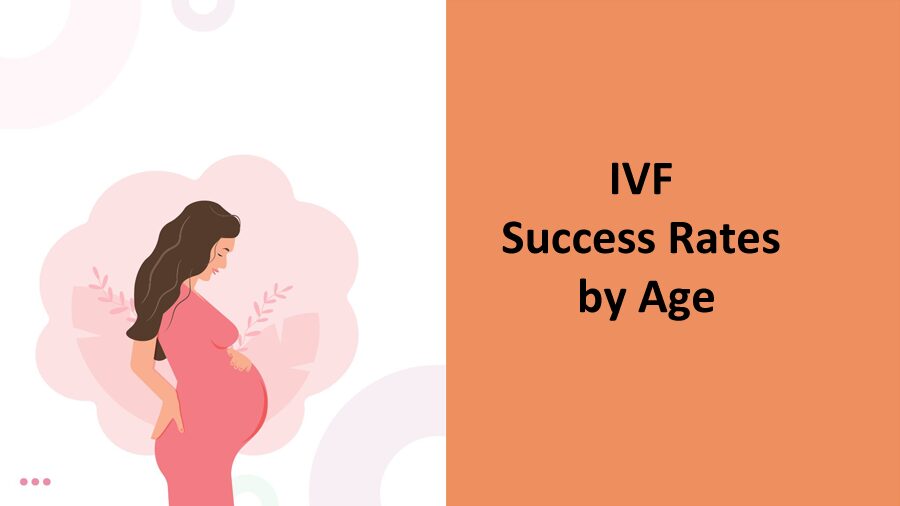
Did you know the success rate of IVF changes with the patient’s age? Women under 30 to 35 years old see a 55.6% live birth rate after IVF. The first transfer has a 41.4% success rate and later transfers about 47%. As people get older, their fertility goes down. This is also true for IVF success rates. The mother’s age is key to how likely conception is, whether naturally or with IVF. This article will look at how age affects IVF success, why success rates go down with age and other factors that change IVF outcomes.
Key Takeaways
- IVF success rates are highest for women under 35, with live birth rates exceeding 55%.
- Success rates decline as women age, with live birth rates dropping to around 40.8% for ages 36-37 and 26.8% for ages 38-40.
- IVF success rates significantly decrease for women over 40, with live birth rates around 7%.
- Factors like decreased ovarian reserve and low-quality embryos can impact IVF success rates.
- Using donor eggs can significantly improve IVF success rates, with success rates between 70-80%.
Get in touch for FREE SURROGACY CONSULTING:
Mobile: +91-8800481100 ( WhatsApp, Line, Viber)
Email: neelam@ivfconceptions.com
Introduction: Understanding IVF Success Rates
For couples or individuals wanting to grow their family, knowing the success rates of in vitro fertilization (IVF) is key. It’s important to grasp the average success rates of IVF and how age affects IVF outcomes.
Average Success Rates of IVF
The latest figures show that women under 35 have a 55.1% chance of getting pregnant with IVF on their first try. But this rate drops as women get older. Women aged 35-37 have a 40.5% chance, those 38-40 have 26.4%, and those over 40 have just 8.2%.
Why Age Matters in IVF
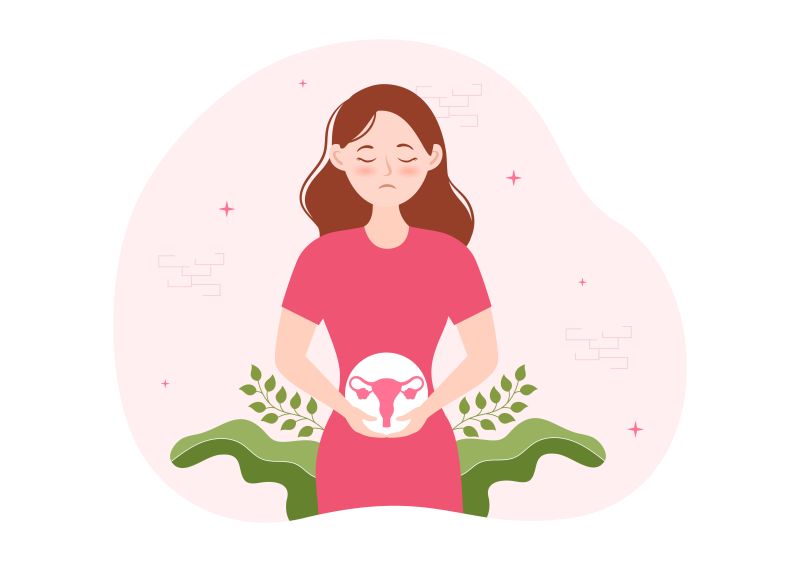 Age is crucial in IVF because it affects egg and embryo quality. As women get older, their eggs and embryos may not be as good, leading to more genetic issues and lower success rates. By age 40, the success rate can fall to about 13%.
Age is crucial in IVF because it affects egg and embryo quality. As women get older, their eggs and embryos may not be as good, leading to more genetic issues and lower success rates. By age 40, the success rate can fall to about 13%.
Staying healthy, avoiding alcohol and tobacco, and working closely with doctors can boost IVF success by 20-30%. Other factors like egg and embryo quality, sperm health, and the way the uterus receives embryos also play a role.
“The average success rate of IVF on the first attempt varies between 20-35%, influenced by factors like age, fertility issues, embryo quality, and lifestyle habits.”
Understanding the average success rates of IVF and the impact of age on IVF outcomes is vital for those thinking about IVF. Being informed and proactive can help them move forward with hope and confidence.
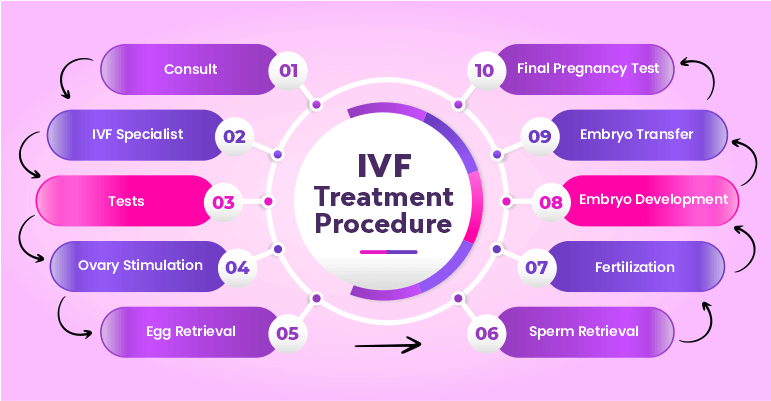
IVF Success Rates by Age Group
The success of in-vitro fertilization (IVF) changes a lot with the woman’s age. Let’s explore the IVF success rates for different age groups.
IVF Success Rates Under 30 to 35
Women under 30 to 35 have promising IVF success rates. In 2022, the clinical pregnancy rate was 69.4%. The Society for Assisted Reproductive Technology (SART) reported a live birth rate of 55.6% for 2021.
IVF Success Rates by Age 36 to 37
Success rates drop as women hit 36 to 37. SART’s data shows a live birth rate of 40.8% for this group. The first embryo transfer had a 31.6% live birth rate, rising to 44.7% for subsequent transfers.
IVF Success Rates by Age 38 to 40
IVF success rates fall in the late 30s and early 40s. Women aged 38 to 40 saw a live birth rate of 26.8%. The first transfer had a 22.3% live birth rate, while subsequent transfers were 40.9%.
Success Rates for IVF Over 40
IVF success rates drop sharply over 40. Women over 40 have a live birth rate of about 7%. Women under 42 have a slightly higher rate than those over 42. But, the risks for both mom and baby increase with age.
Age isn’t the only factor affecting IVF success. Egg supply, infertility cause, and health also play a role. Eating a Mediterranean diet can help improve IVF success chances.
The success of in vitro fertilization (IVF) can be greatly influenced by a woman’s age. As women get older, the quality and quantity of their eggs often decrease. This can lower the chances of a successful IVF treatment. Let’s take a closer look at IVF success rate by age:
- Women under 35 have the highest IVF success rate by age, with around 32% of IVF treatments resulting in a live birth.
- For women aged 35 to 37, the IVF success rate by age drops to approximately 25%.
- Women aged 38 to 39 have an IVF success rate by age of 19%, while those aged 40 to 42 have a success rate of 11%.
- The IVF success rate by age declines significantly for women over 40, with a success rate of around 5% for those aged 43 to 44 and just 4% for those over 44.
| Age Group | IVF Success Rate (Live Birth) |
| Under 35 | 32% |
| 35 to 37 | 25% |
| 38 to 39 | 19% |
| 40 to 42 | 11% |
| 43 to 44 | 5% |
| Over 44 | 4% |
It’s important to note that these statistics are averages, and individual results may vary. IVF success rate by age is not the only consideration when undergoing fertility treatment. A personalized approach is crucial for achieving the best possible outcomes.
 Factors Impacting IVF Success
Factors Impacting IVF Success
IVF success depends on several key factors. Two important ones are decreased ovarian reserve and low-quality embryos.
- Decreased Ovarian Reserve
A woman’s chance of getting pregnant or having a quality embryo might drop if she has a low ovarian reserve. This means she has fewer eggs. As women get older, their ovarian reserve goes down. This makes it harder to get enough high-quality eggs for IVF.
Studies show that the average number of eggs retrieved goes down with age. The highest number is in women under 30.
- Low-Quality Embryos
Poor embryo quality can lead to miscarriage or not implanting. This happens if there aren’t enough eggs for IVF or if the eggs are not good quality. Statistics show that fertilization rates go down with age. The chance of making it to embryo transfer also changes with age, with the lowest in women 45 and older.
Most couples or individuals try two to three IVF rounds before getting pregnant. But, success rates might go up after six IVF treatments. Doctors might stop IVF if there aren’t enough eggs.
IVF Success Rates with Donor Eggs
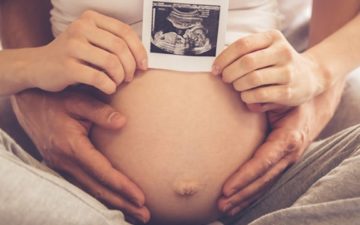 For some, using donor eggs is the best way to start a family. These eggs come from young, healthy women, making them more likely to create strong embryos. This method can be complex but often leads to high success rates, with a 70 to 80% chance of success.
For some, using donor eggs is the best way to start a family. These eggs come from young, healthy women, making them more likely to create strong embryos. This method can be complex but often leads to high success rates, with a 70 to 80% chance of success.
The Centers for Disease Control and Prevention (CDC) say donor egg success rates are consistent. This is because the egg’s quality and chance of success depend on the donor’s age, not the patient’s.
Frozen Embryo Transfer Success Rate by Age
Frozen Embryo Transfer (FET) is a key part of IVF. It involves thawing and placing frozen embryos into the uterus. FET has become a key tool in fertility care. However, success rates vary by age, with younger people having a higher chance of a successful pregnancy.
| Age Group | IVF Live Birth Rate Using Fresh Embryos |
| 18-34 | 33% |
| 35-37 | 25% |
| 38-39 | 17% |
| 40-42 | 10% |
| 43-50 | 4% |
The data shows age is a big factor in IVF success, with younger women having higher rates. But, using donor eggs can help overcome age challenges, offering great outcomes for older individuals.
“Deciding to disclose the use of donor eggs is a personal decision, but being open with the child about their genetic history from the start is recommended for health reasons.”
Optimizing Chances for IVF Success
Understanding what affects your IVF success is key. Age is a big factor, but there are steps to improve your chances. By taking these steps, you can boost your success in IVF.
Telling your fertility doctor about your goals and health history is crucial. This helps your doctor make a plan just for you. It increases your chances of a good outcome.
Living a healthy life is vital for IVF success. Avoid smoking and drinking too much alcohol. Eat well, sleep enough, and consider stress-reducing activities like meditation or yoga.
Timing is also important. Starting IVF early, especially for women over 35, is better. As women get older, their egg quality and number go down. This can affect IVF success.
New fertility technologies like preimplantation genetic testing (PGT) and advanced embryo culture help too. These methods pick the best embryos. This raises your chances of a successful pregnancy.
To boost your IVF success, work with your fertility specialist, live healthily, and use new fertility treatments. Doing this can help you reach your family goals.
 Conclusion
Conclusion
Maternal age is a big factor in IVF success. As women get older, they face more fertility issues and lower egg quality. This can make IVF, including Frozen Embryo Transfer (FET), less successful.
IVF has helped many women have babies even after 40. But, fertility drops sharply after this age. Knowing IVF success rates by age helps people plan better. The best time for IVF is under 35, with a 30-40% success rate per cycle. After the mid-to-late 30s, success rates go down, showing the need for early action.
To boost IVF success chances, understanding how age affects fertility is key. Working with a trusted fertility clinic is also crucial. They offer personalized advice and support. Being well-informed and making smart choices can make the path to parenthood smoother and more successful.
If you’d like to learn more about IVF, Egg Donation, or surrogacy Consulting services globally, check out the rest of our website at IVF Conceptions. We offer legally secure and affordable surrogacy consNeelam Chhagani is inviting you to a scheduled Zoom meeting.
Our team has over 14 years of experience facilitating surrogacy arrangements, egg donation, and serving as an advocacy resource for infertile couples and LGBTQ individuals seeking to build families. Till now we have helped and supported thousands of the intended parents with their family-building journey, and we can help you as well. Happy to share the references from the past IPs if needed.
Get in touch for FREE SURROGACY CONSULTING:
Mobile: +91-8800481100 ( WhatsApp, Line, Viber)
Email: neelam@ivfconceptions.com
FAQs IVF Success Rates by Age
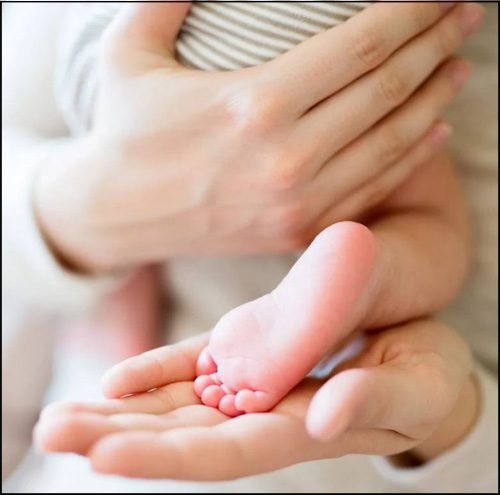 What is the average success rate of IVF?
What is the average success rate of IVF?
The average success rate of IVF depends on the woman’s age. Women under 35 have a 55.6% chance of a live birth per IVF cycle. This rate drops as women get older.
For women aged 36-37, the success rate is about 40%. Women aged 38-40 have a 26.8% chance, and those over 40 have around 7%.
Why does age matter in IVF?
Age affects IVF success because it changes a woman’s egg quality and quantity. Older women often have lower quality and fewer eggs. This lowers the chance of successful implantation and live birth.
Older women also face a higher risk of chromosomal issues in their eggs. This can hurt the embryo’s growth.
What are the IVF success rates for different age groups?
IVF success rates vary by age: – Women under 30-35: 55.6% live birth rate per IVF cycle – Women aged 36-37: 40.8% live birth rate per IVF cycle – Women aged 38-40: 26.8% live birth rate per IVF cycle – Women over 40: Around 7% live birth rate per IVF cycle
What factors can impact IVF success rates?
Factors that affect IVF success include: – Decreased ovarian reserve – Low-quality embryos – Advanced maternal age Older women often have fewer and lower quality eggs. This can lower IVF success rates.
Can donor eggs or frozen embryo transfer improve IVF success rates?
Yes, donor eggs can boost IVF success rates by 70-80%. Frozen embryo transfer (FET) is also helpful. Younger people tend to have better success with FET.
How can I optimize my chances for IVF success?
For better IVF success, be open with your doctor about your goals. Stay healthy by not smoking, drinking less, and sleeping well. Start IVF early if needed.
Source Links

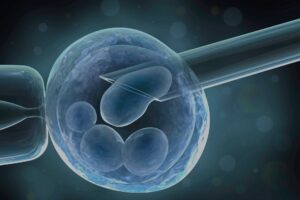 Factors Impacting IVF Success
Factors Impacting IVF Success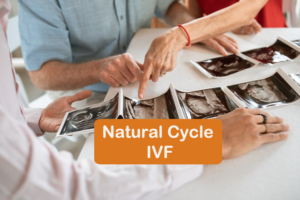 Conclusion
Conclusion